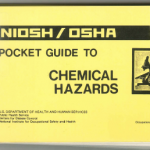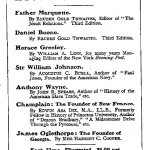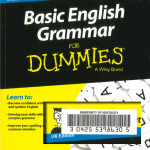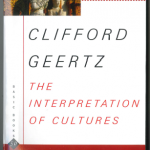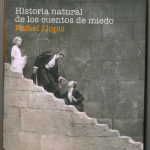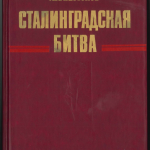NIOSH/OSHA pocket guide to chemical hazards / editors, Frank W. Mackison, National Institute for Occupational Safety and Health, R. Scott Stricoff, Lawrence J. Partridge, Jr., A.D. Little, Inc. (OCLC #8734681)
This volume has a date of “September 1978” on its title page and a suggestive “78” as part of its publication number, but this printing history on the title page verso:
Second printing - January 1980
Third Printing - August 1980
with minor technical changes
Fourth Printing - August 1981
with minor technical changes
but does that merit a new (1981) record in OCLC?
I checked the edition section of their When to Input a New Record document, and was unsure. It may fall under “difference in content”?
Either way, a full and popular record already exists for this printing, with a 1981 date and a note:
500 __ ǂa "Fourth printing, August 1981, with minor technical changes."
This record most precisely matched what I had in hand, so worked well for copy cataloging.
